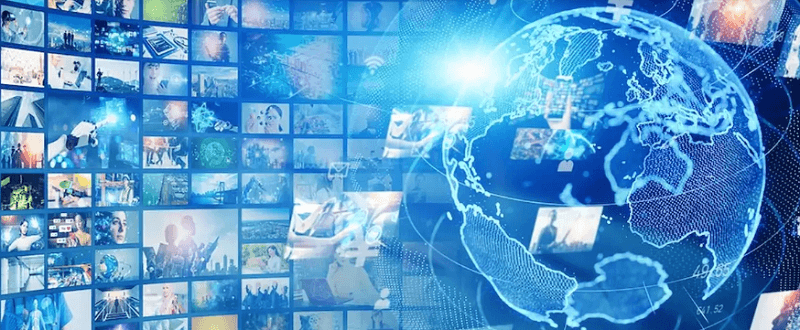Call for Papers – Amsterdam Trust Summit 2025
News | 18-02-2025 17:23
In recent years trust has become one of the central concepts in the digital society. On the one hand, the trustworthiness of our information infrastructures, such as platforms, AI, encrypted communications emerged as a central concern. On the other hand, trust relations in the digital society, such as trust in expertise, science, news, or public institutions have been fundamentally disrupted.
We are at a critical juncture, where these two challenges meet. There is no rightly vested trust in the digital society without trustworthy information-communication technologies. The Amsterdam Trust Summit invites researchers, practitioners, policymakers, and activists to come together and start building a comprehensive account of the trust dynamics in the digital society.
Contributions are welcome for various tracks:
- Theories of trust and distrust in the digital society
- Trust dynamics around emerging technologies
- Individual trusting behaviors and their impacts
- Trustworthiness safeguards of socio-technical infrastructures
- Narratives of trust and distrust in popular culture
- Innovative methods for studying trust in the information age
Submit your work and learn more here: https://digitaltrust.uva.nl/amsterdam-trust-summit-2025/call-for-papers-ats-2025.html
Deadline for submissions: February 28, 2025
Trust is the latest shared societal resource to be disrupted by digital innovation on a global scale. We see a growing distrust in institutions, practices, professions which were highly trusted before. More and more people have less confidence than before in journalism, science, vaccines, schools and universities, otherwise fair and reliable public institutions. Political polarization creates tensions in interpersonal trust relations, and sometimes tear friendships, and even families apart. While skepticism and distrust can also be understood as liberal democratic virtues, online they are all too often subject to ‘weaponization’ at the hands of trolls, online influencers, lying politicians and sock puppet accounts connected to authoritarian state sponsored disinformation campaigns. In online environments, where outrage often leads to higher levels of 'engagement', these dynamics feed into new ‘coalitions of distrust’ forming across and between different groups united by their shared antagonism of 'the mainstream'. On the other end of the spectrum, we also see an increase of ‘overconfidence’ in untrustworthy actors. Throughout history, people have often placed trust in the wrong hands, but what distinguishes the present is the scale at which this occurs online, where accountability is frequently lacking. The rise of the sharing economy has made it common to trust strangers with our homes, cars, and personal belongings, often without fully considering the risks involved. Similarly, the growing presence of generative AI has led many to trust the output of these systems without hesitation in their daily lives. Trust is fluid, and there are just too many opportunities for it to flow into the wrong places: the untrustworthy seem to be increasingly trusted, while the trustworthy aren’t.
In each case we may be facing a slightly different formulation of the same fundamental questions. First: what makes these new digital innovations (un)trustworthy? What mix of regulation, transparency, accountability, oversights, technical design, business models will provide the greatest confidence that our new digital infrastructures can deliver on their promises, while keeping the best interest of their users and of the society in mind?
Second, how does digital innovation shape trust in the digital society? What are the dynamics that shape trust relations vis-à-vis other people, institutions, technologies, etc.? How do the different components of trust change and transform due to digitization: the circumstances of the one who trusts, the characteristics of the one to be trusted, the environment in which trust emerges (or not).
Third, what are the (unintended) consequences of the disruption of trust relations and the emergence of these new trust mediators to individuals, organizations, and society more broadly? And what may be effective pathways to, on the one hand, leverage the benefits of some of these developments while, on the other hand, addressing the risks and the issues that they bring?
back

